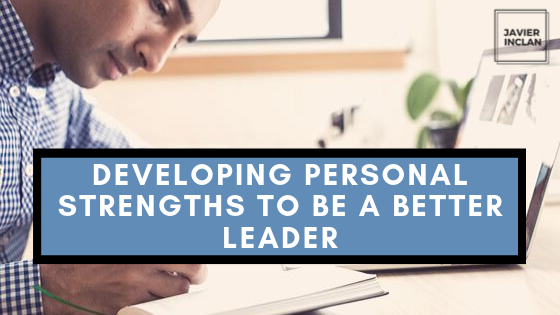
If you were to survey a dozen of the world’s most prolific leaders, you’d probably find they possess a certain set of strengths that make them stand out above the crowd. Their skillsets aren’t too out of reach. After all, the aspects that make them great leaders are human characteristics most of us already have. The key to making them work to your advantage as a leader is mindfully developing them to be stronger and more apparent. The following characteristics are the foundation for great leadership. Since you most likely possess these qualities, a little TLC and mindful development can help enhance them to make you a better leader.
Compassion
Compassionate leaders lead with both their hearts and minds. Since everyone is human, finding the right balance isn’t always easy. It takes time and patience to develop this skill. Often, the key to leading with compassion is acknowledging that everyone is fighting their own battles. As leaders, when we seek to understand the uniqueness of individuals, we give people the room they need to shine and grow. One thing you can do to develop more compassion is create mental lists of the things you value in each employee—be it character traits, projects they’ve completed, or aspects of their work performance. This practice can, over time, become second nature, therefore allowing your brain to naturally celebrate the differences in people.
Empathy
Despite what many people believe, empathy is not synonymous with compassion. However, they do go hand in hand. You see, empathy takes compassion a step further. An empathetic leader puts themselves in their employees shoes. By doing so, they are able to grasp the best way forward for the employee’s wellbeing. To further develop empathy, ruminate on events in your life in which people were empathetic to you. What did they do to show you they cared? Reflecting on such situations can help you develop your empathy.
Creativity
Thinking outside of the box isn’t easy for everyone. Even the most diligent of leaders need to refine their creativity and problem-solving skills. Since not everyone is the creative type, it’s important to learn how to maximize creative potential while maintaining quality. One of the easiest, and most fun, things you can do to flex you creativity muscle is to sign up for art classes. In each class, you’ll learn a new way to achieve a goal using new materials or tactics. After awhile, you’ll take that same mindset and apply it to every aspect of your life.
Communication Skills
Being in charge means being able to communicate effectively, regardless of the situation. Successful leaders take the time to understand the needs of who they are talking to and how they should address them. They also practice active listening, as opposed to simply waiting for their turn to speak. In all honesty, the best way to become a better communicator is through trial and error. Only by making a conscious effort to communicate more effectively, and then analyzing what could have been done better or differently, will improve communication skills.
Like all achievements, becoming a great leader takes time and effort, despite what many people think. You need a conscious desire to be better and do better—as well as the willpower to put in the work to get there. However, when you put in the work, you’ll be amazed at the connections that develop and the response you get from your employees.
Originally posted on JavierInclan.com.

